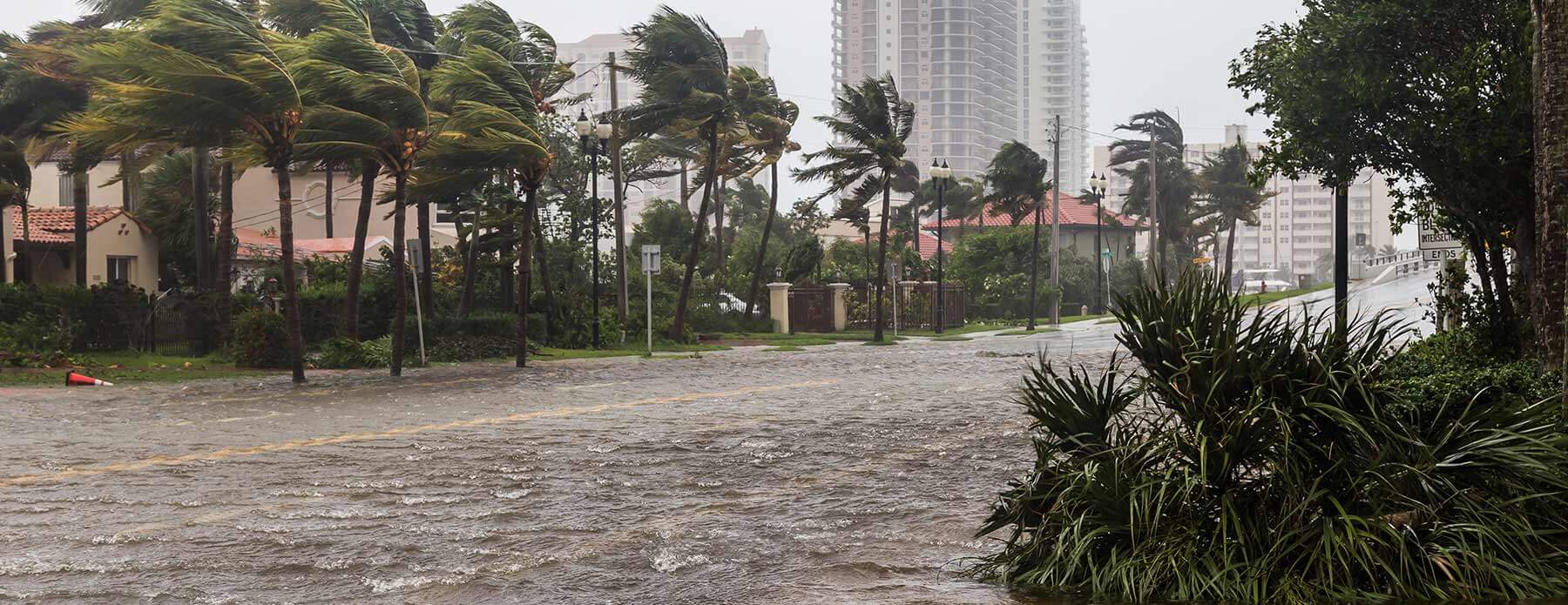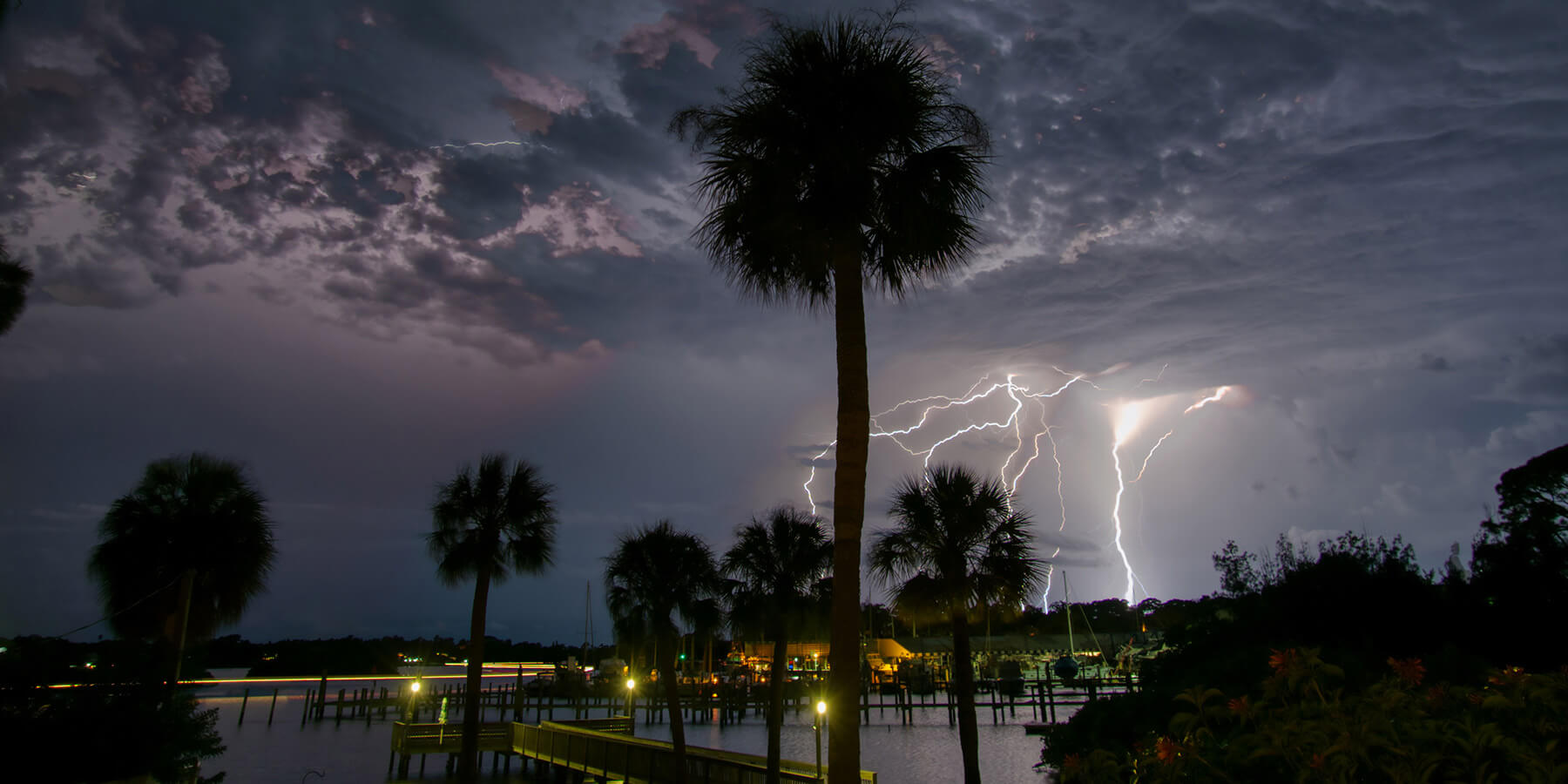April has been proclaimed Tsunami Awareness Month in Hawai‘i, underscoring the critical importance of being ready for one of nature’s most formidable disasters. Governor Josh Green, M.D., alongside emergency managers from across the state, announced the initiative, emphasizing awareness, education, and the necessity of action in preparations for tsunamis.
«Tsunamis are life-changing events,» Governor Green stated, highlighting the vital need for readiness. «It is imperative to know what to do to protect lives and property from tsunamis. Being aware, educated, and ready to take action will save lives.»
How Tsunami Awareness Month Began in Hawai‘i
The observance of Tsunami Awareness Month begins on the anniversary of the devastating April Fools’ Day tsunami in 1946, which serves as a poignant reminder of the potential destruction these natural events can cause. Tsunamis, triggered by earthquakes, volcanoes, landslides, or other events displacing large volumes of water, can produce waves reaching heights of 50 feet or more, causing extensive damage to coastal communities.
Hawai‘i remains particularly vulnerable, having faced both distant and local tsunamis with little warning time. «Tsunamis can occur anywhere, at any time,» stressed Laura Kong, Ph.D., director of the International Tsunami Information Center (ITIC). «There is no ‘tsunami season.’ Hawai‘i must always be prepared to take action.»
The Tsunami Ambassador Program
In a move to bolster tsunami awareness and preparedness, HI-EMA Administrator James Barros announced a new pilot program focused on educating students to be Tsunami Ambassadors. Students can become ambassadors by sharing vital information about tsunamis with their peers, reflecting a comprehensive approach to disaster preparedness.
The pilot project, in partnership with Saint Louis School, HI-EMA, and the Pacific Tsunami Museum, marks a significant step towards engaging youth in tsunami awareness efforts. It represents a broader commitment to ensuring future generations inherit a culture of preparedness and resilience in the face of natural disasters.
For those seeking more information on tsunamis in Hawai‘i and how to prepare, resources are readily available at hawaiitsunami.org. Additionally, the ITIC can be contacted at [email protected] for further assistance.
For more tips on tsunami preparedness and other hazards, visit ready.hawaii.gov.



